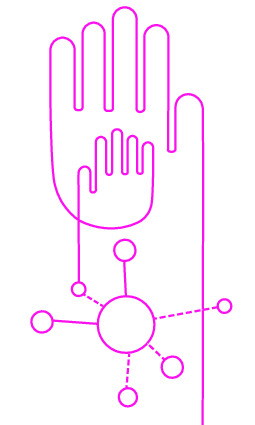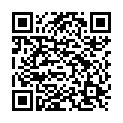|
|
|
| Module code: PdK-303 |
|
|
1V+1PS (2 hours per week) |
|
5 |
| Semester: 3 |
| Mandatory course: yes |
Language of instruction:
German |
Assessment:
Written exam: graded
[updated 01.10.2020]
|
PdK-303 (P322-0150) Childhood Education, Bachelor, ASPO 01.10.2017
, semester 3, mandatory course
PdK-303 (P322-0150) Childhood Education, Bachelor, ASPO 01.10.2019
, semester 3, mandatory course
|
30 class hours (= 22.5 clock hours) over a 15-week period.
The total student study time is 150 hours (equivalent to 5 ECTS credits).
There are therefore 127.5 hours available for class preparation and follow-up work and exam preparation.
|
Recommended prerequisites (modules):
None.
|
Recommended as prerequisite for:
|
Module coordinator:
Prof. Dr. Tamara Marksteiner |
Lecturer: Prof. Dr. Tamara Marksteiner
[updated 02.09.2019]
|
Learning outcomes:
After successfully completing this course, students will possess interdisciplinary, scientifically sound knowledge about social and developmental psychology, as well as health sciences.
They will be able to determine child development based on various sociocultural, individual and genetic determinants.
They will be able to apply their knowledge about developmental areas (social-emotional, cognitive, linguistic, motor) with reference to a child´s age and individual pace of development.
They will be familiar with the conditions that promote and inhibit the development of children, especially in the context of institutional care, education and upbringing.
[updated 01.10.2020]
|
Module content:
_ Basic knowledge about children´s developmental and educational processes
_ Normative and non-normative developmental trajectories of children
_ Neuropsychological basics
_ Social-psychological basics, especially regarding the importance of family, peers, groups
[updated 01.10.2020]
|
Teaching methods/Media:
-Lecture
-Exercises
-Work in small groups
-Independent study
[updated 01.10.2020]
|
Recommended or required reading:
Recommended literature will be announced at the beginning of the course.
[updated 01.10.2020]
|


